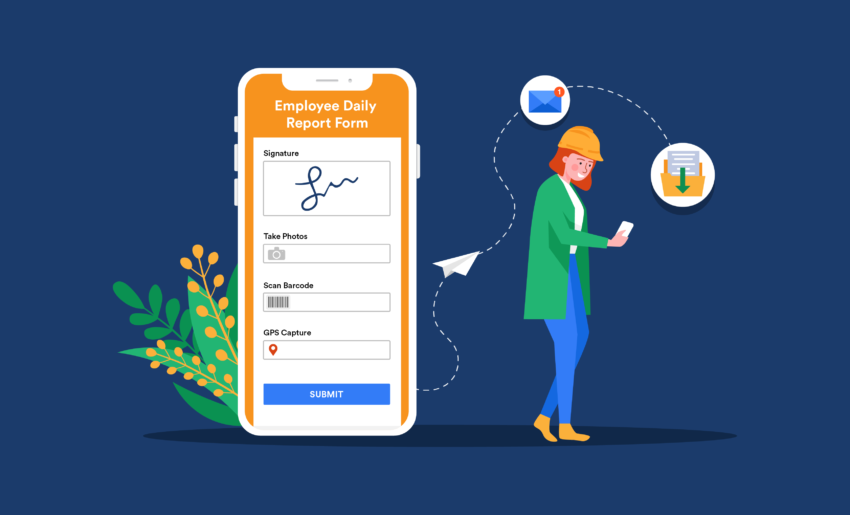
Mobile data collection refers to collecting information using a mobile device like a tablet or smartphone. Data collection apps have revolutionized data collection and made it easier and more efficient. Offline mobile data collection apps are even more beneficial, allowing users to collect data in remote areas where internet connectivity is limited or non-existent. This article will explore seven remarkable benefits of offline data collection apps.
1. Cost Savings
One of the most significant advantages of offline mobile data collection apps is cost savings. With offline apps, there is no need for an internet connection, which can be costly in remote areas. Also, since data is collected offline, there is no need to pay for data plans or overages. Offline mobile data collection apps are a cost-effective solution for organizations and businesses.
2. Improved Data Accuracy
Offline data collection apps have a significant advantage over online data collection regarding data accuracy. With online data collection, there is a risk of incomplete or inaccurate data due to connectivity issues. Offline data collection apps eliminate this risk by allowing users to collect data without an internet connection. This means that data is captured accurately without any interruptions or connectivity issues.
3. Better Productivity
Offline data collection apps can significantly increase productivity. With offline apps, users can collect data in remote areas without an internet connection. This means that users can work without interruption and gather data faster. Also, offline data collection apps are easy to use and do not require any special training. This makes it easy for users to get started and be productive quickly.
4. Enhanced Data Security
Offline data collection apps provide enhanced data security. With online data collection, there is always a risk of data breaches and hacking. Offline data collection apps eliminate this risk by storing data on the device until it can be synced with a central server. This means that data is more secure and less likely to be compromised.
5. Increased Data Quality
Offline data collection apps can improve data quality. With offline apps, users can capture data in its original form without any modifications or changes due to connectivity issues. This means that data is more accurate and of higher quality. Also, offline data collection apps allow users to capture data in a standardized format, making it easier to analyze and compare data.
6. Better Data Management
Offline data collection apps offer better data management. With offline apps, users can store data on the device until it can be synced with a central server. This means that data can be collected in remote areas and synced with the server when an internet connection is available. Also, offline data collection apps allow users to organize data in a standardized format, making it easier to manage and analyze.
7. Increased Efficiency
Offline data collection apps can increase efficiency. With offline apps, users can collect data in remote areas and then sync it with the server when an internet connection is available. This means that users can work more efficiently and collect more data in less time. Also, offline data collection apps provide real-time data analysis, which can help organizations make better decisions and improve their operations.
Conclusion
Offline mobile data collection apps have revolutionized data collection and made it easier and more efficient. They offer numerous benefits, including cost savings, improved data accuracy, better productivity, enhanced data security, increased data quality, better data management, and increased efficiency. Organizations and businesses that adopt offline data collection apps can improve their operations and make better decisions.
Tech World Times (TWT), a global collective focusing on the latest tech news and trends in blockchain, Fintech, Development & Testing, AI and Startups. If you are looking for the guest post then contact at techworldtimes@gmail.com

